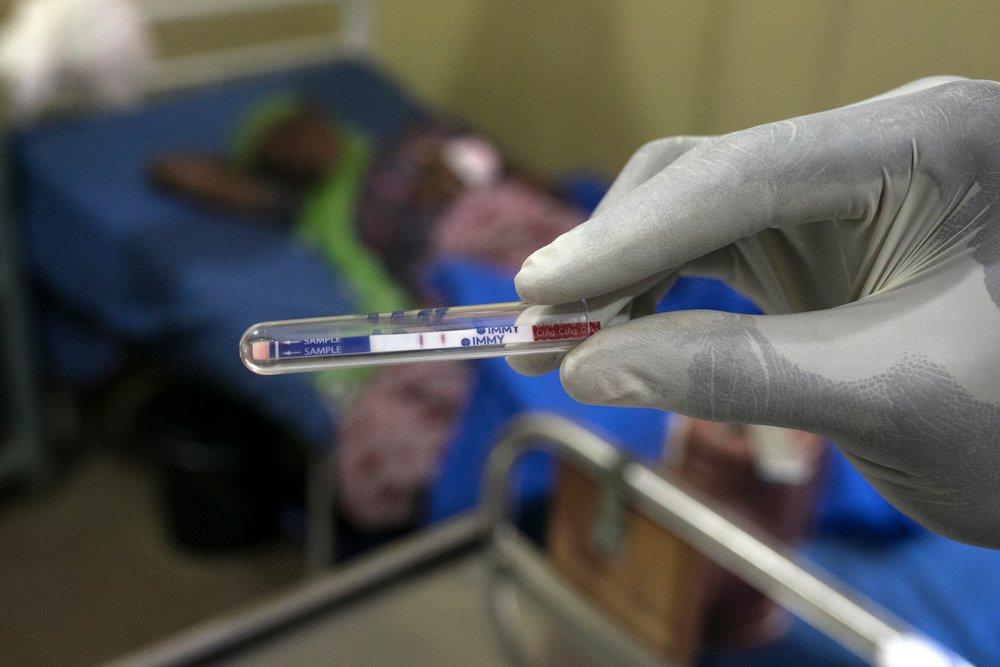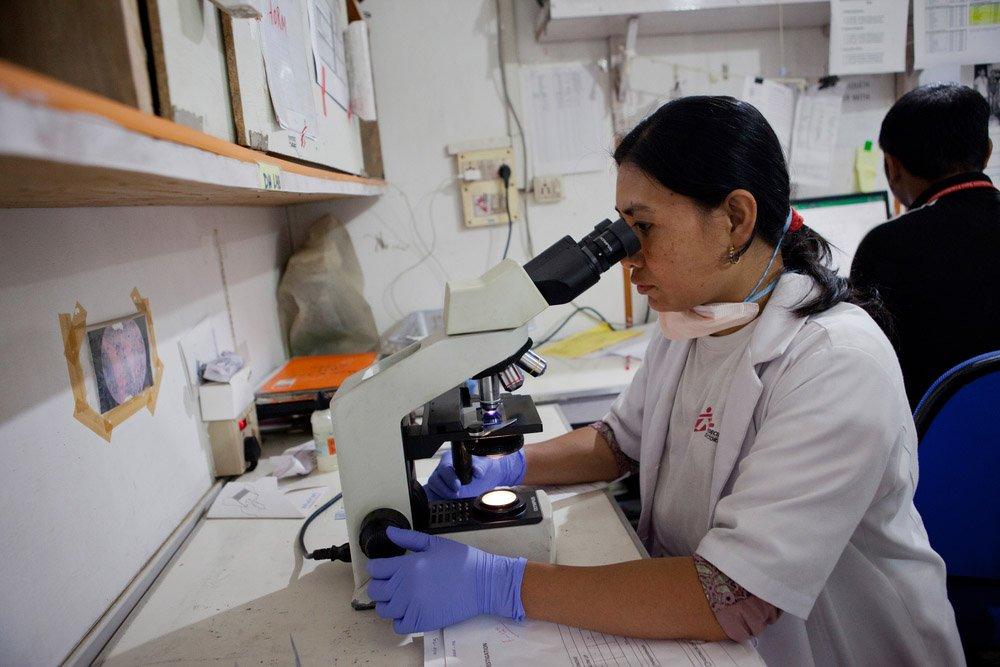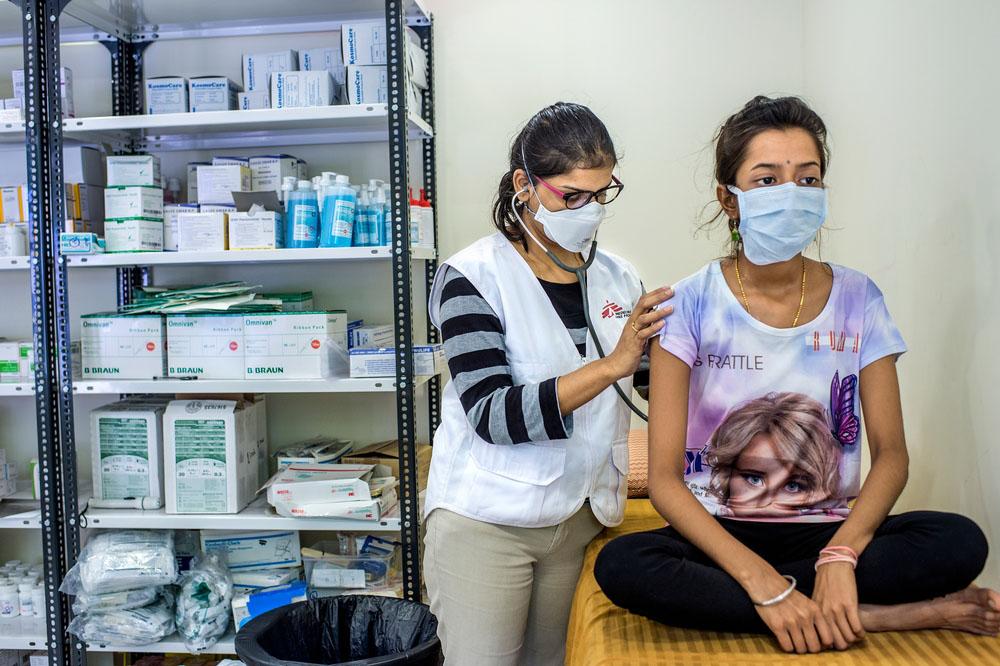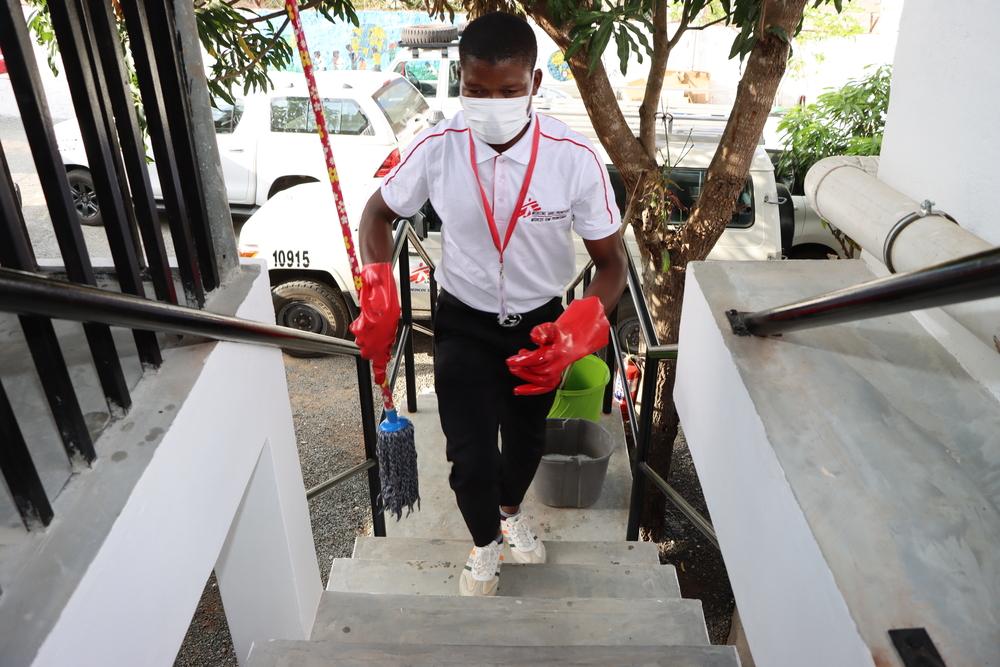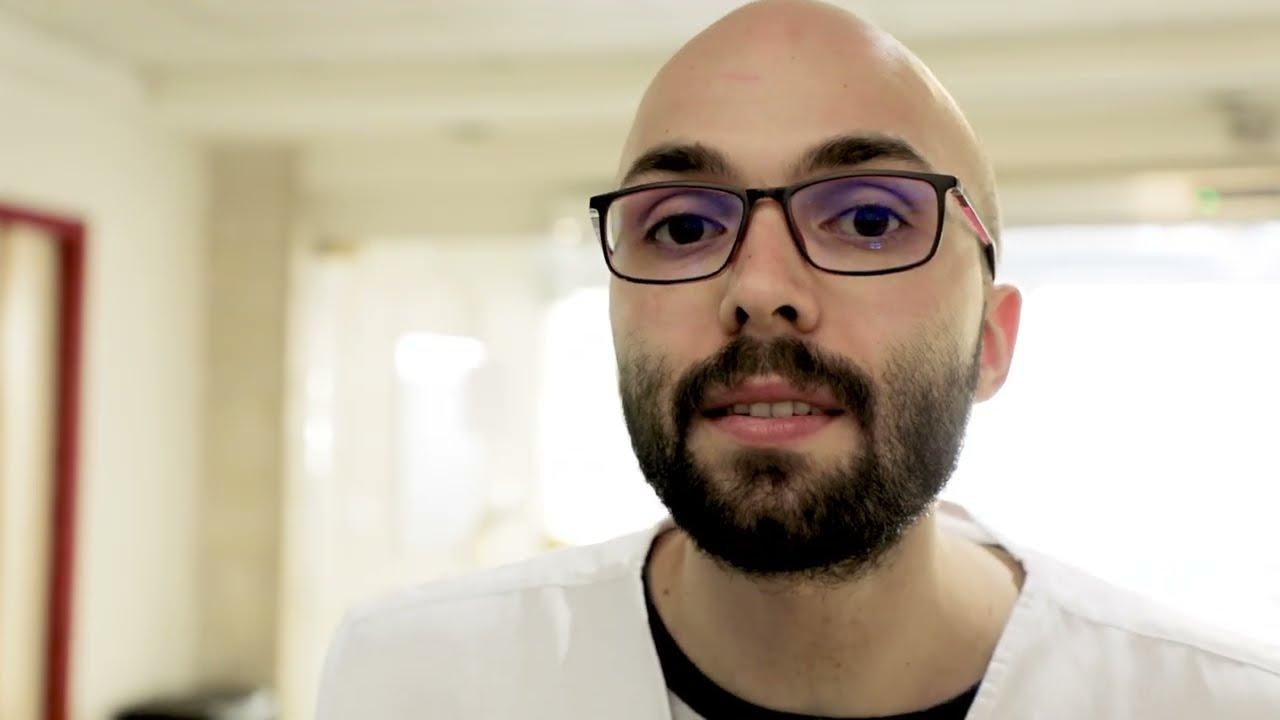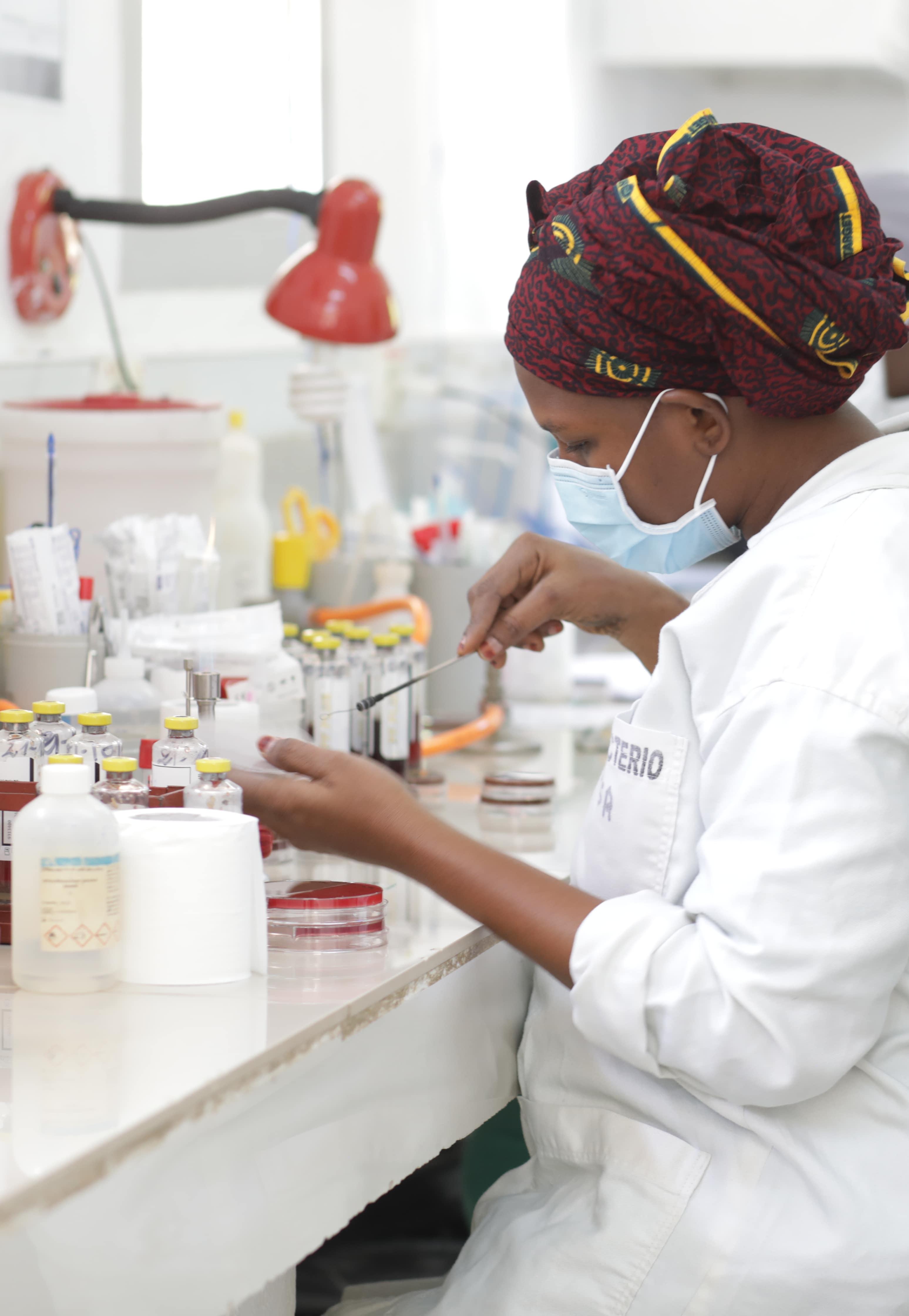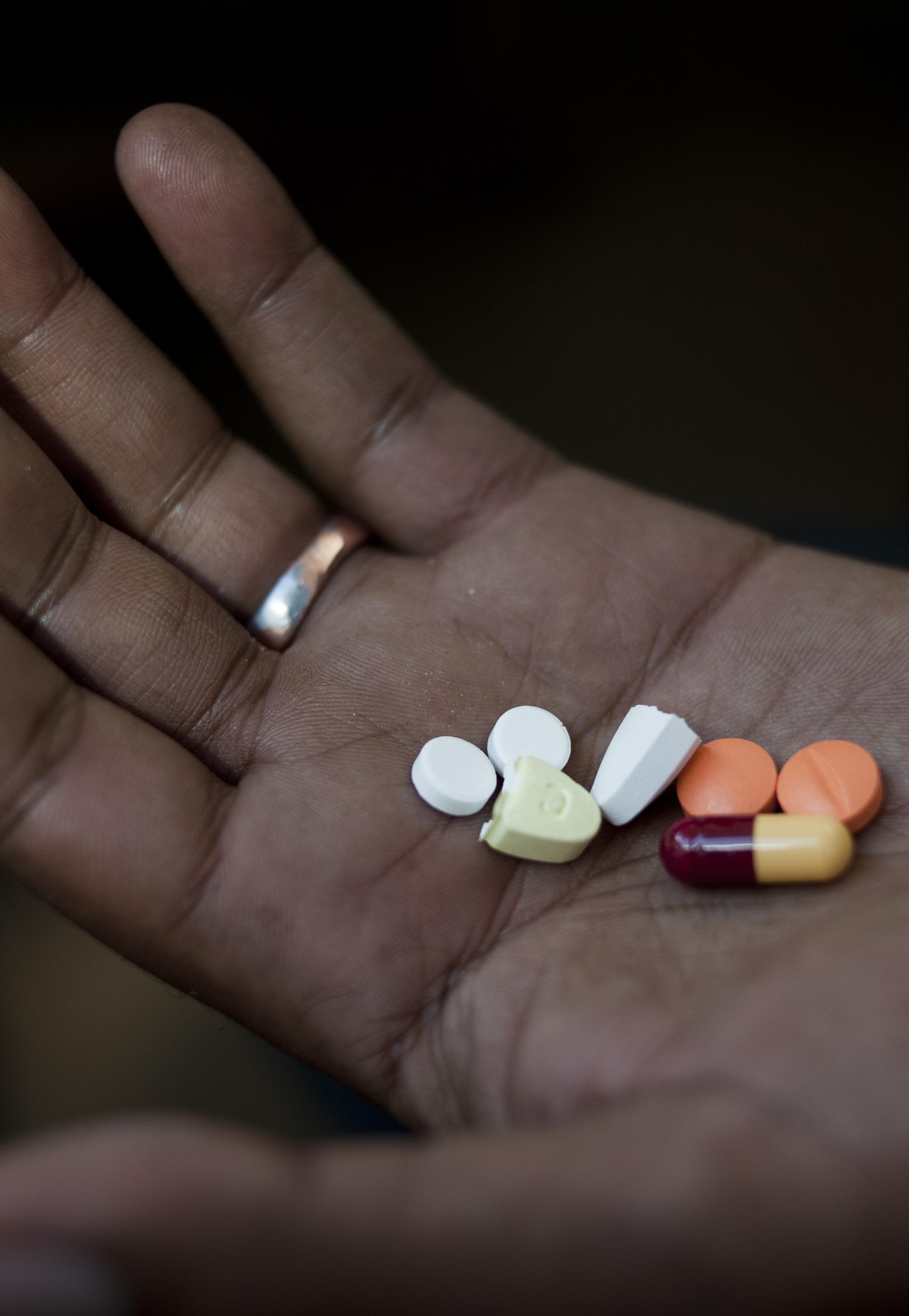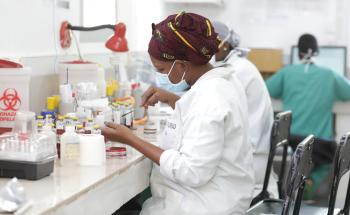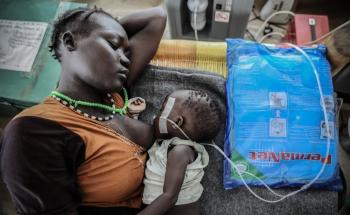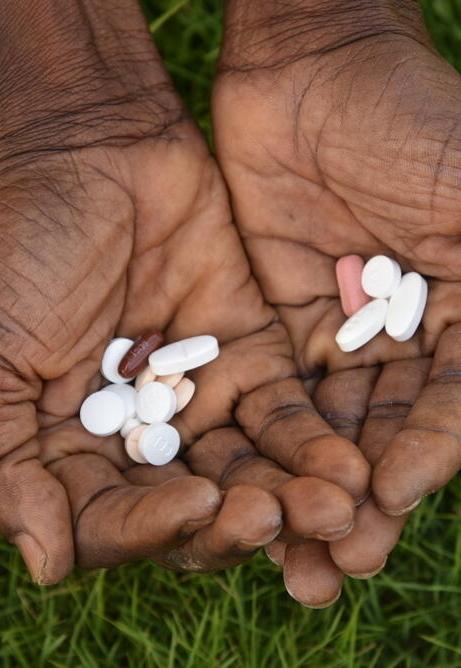
Misuse spreads resistance
The improper use of antibiotics increases antibiotic resistance in bacteria. This includes patients buying antibiotics over the counter without a prescription or doctors prescribing antibiotics when they’re not needed or using the wrong type of antibiotic when they are. Providing patients and people with information on when and how to use antibiotics is important in leading to behaviour that will reduce their misuse.
